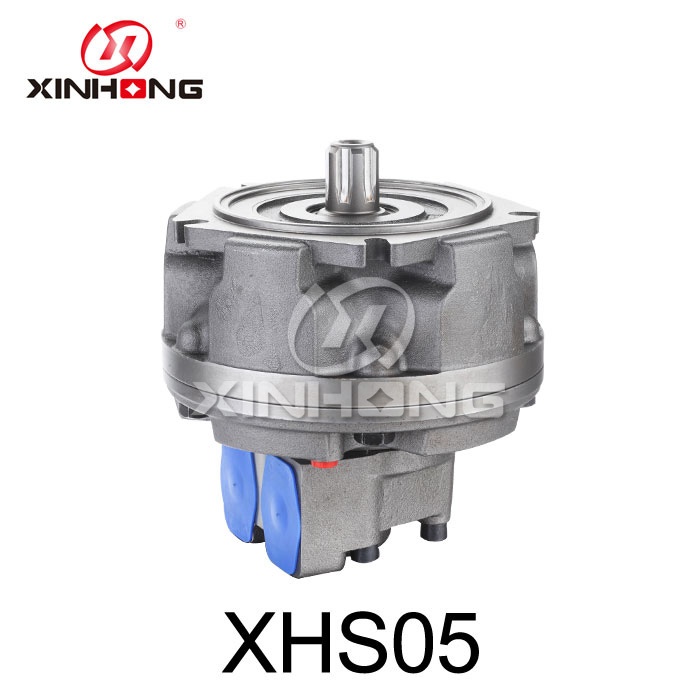Hydraulic Motors: Powering Industrial and Mobile Machinery
2025-03-22
Hydraulic motors are essential components in various industrial and mobile applications, converting hydraulic energy into mechanical power. These powerful devices play a crucial role in heavy-duty machinery, offering high torque, reliability, and efficiency in demanding environments. Whether in construction equipment, agricultural machinery, or industrial automation, hydraulic motors provide the force needed to drive operations smoothly and efficiently.
What is a Hydraulic Motor?
A hydraulic motor is a mechanical device that uses pressurized hydraulic fluid to generate rotational motion and torque. It operates by receiving hydraulic fluid from a pump, which creates the necessary force to turn the motor’s shaft. This energy is then transferred to drive wheels, conveyor belts, drilling systems, and other machinery components.
Types of Hydraulic Motors
1. Gear Motors – These are simple and durable motors that use meshing gears to generate motion. They are commonly used in applications requiring moderate torque and speed control.
2. Vane Motors – These motors use sliding vanes within a rotor to create rotational force. They provide smooth operation and are suitable for low to medium-speed applications.
3. Piston Motors – Available in axial and radial designs, piston motors offer high efficiency and power, making them ideal for heavy-duty machinery such as excavators and industrial presses.
Key Advantages of Hydraulic Motors
- High Torque Output – Hydraulic motors can generate significant torque even at low speeds, making them ideal for heavy machinery.
- Compact and Powerful – Compared to electric motors, hydraulic motors offer a higher power-to-size ratio, making them suitable for space-limited applications.
- Reliable and Durable – Designed to withstand harsh conditions, hydraulic motors are resistant to shock loads and extreme temperatures.
- Precise Speed Control – By adjusting fluid flow and pressure, operators can achieve smooth and accurate speed variations.
- Long Lifespan – With proper maintenance and high-quality hydraulic fluid, these motors offer extended operational life with minimal wear.
Common Applications of Hydraulic Motors
- Construction Equipment – Excavators, bulldozers, and cranes rely on hydraulic motors for lifting, digging, and movement.
- Agricultural Machinery – Tractors, harvesters, and irrigation systems use hydraulic motors for efficient field operations.
- Industrial Automation – Conveyor belts, presses, and robotic arms benefit from the controlled power of hydraulic motors.
- Marine and Offshore Systems – Winches, hoists, and deck machinery in ships use hydraulic motors for reliable performance in challenging environments.
- Mining and Drilling Equipment – Hydraulic motors provide the force needed for rock drills, borehole rigs, and underground mining tools.
Conclusion
Hydraulic motors are indispensable in industries requiring high torque, efficiency, and reliability. Their ability to operate in extreme conditions while delivering powerful performance makes them a preferred choice for various heavy-duty applications. As hydraulic technology continues to evolve, these motors will remain a key component in powering the future of industrial and mobile machinery.



